Monstera is a tropical plant that loves humidity and high temperatures. In order to get the most out of your Monstera, you may be wondering if a self-watering pot is a good option. In this blog post, we will explore the pros and cons of using self-watering pots for your Monstera, and help you decide if it is the right choice for you!
Are Self-Watering Pots Good for Monstera?
Yes, self-watering pots are good for monstera plants as they help to regulate water and humidity levels, which is important for this tropical plant. Self-watering pots also allow you to water your monstera less often, which can be helpful if you are busy or forgetful.
Let’s jump into the main benefits of using self-watering pots for monstera:
1. Self-watering pots keep water levels consistent
Monstera plants are tropical plants that need water on a consistent basis to thrive. If the plant does not have enough water, the leaves will start to droop and the plant will become unhealthy.
Self-watering pots help to regulate water levels by slowly releasing water into the soil as needed, which means that your monstera will always have access to the moisture it needs.
2. You can water your monstera less often
Self-watering pots can help you to water your monstera less often, as they release water slowly and evenly into the soil. This is ideal if you are forgetful or have a busy schedule, as it means that your plant will still get the moisture it needs even if you forget to water it for a few days.
3. Self-watering pots reduce the chance of root rot
One of the main problems with watering plants manually is that it is easy to overwater them, which can lead to root rot. Root rot is a serious problem that can kill your plant, so it is important to avoid it if possible.
Self-watering pots help to reduce the chance of root rot by slowly releasing water into the soil, which means that the roots will not be sitting in water for long periods of time. This will help to keep your plant healthy and reduce the risk of root rot.
What Self-Watering Pot for Monstera?
Now that we’ve looked at the benefits of using self-watering pots for monstera, you may be wondering what type of pot is best. There are a few things to consider when choosing a self-watering pot for your plant:
1. The size of the pot
The first thing to consider is the size of the pot. Monstera plants can grow to be quite large, so you will need a pot that is big enough to accommodate the plant as it grows. A good rule of thumb is to choose a pot that is twice the size of the current pot your plant is in.
2. The material of the pot
The next thing to consider is the material of the pot. Monstera plants like to be in humid environments, so a pot made from a material that retains moisture is ideal. Clay or ceramic pots are good options, as they will help to keep the soil moist and reduce the need for watering.
3. The type of self-watering system
There are two main types of self-watering systems: wicking and reservoir. Wicking systems work by drawing water up from a reservoir into the soil as needed, while reservoir systems have a built-in reservoir that slowly releases water into the soil.
Both types of self-watering systems will work well for monstera plants, so it is up to you to decide which one you prefer.
Now that you know the benefits of using self-watering pots for monstera and what to look for when choosing a pot, it’s time to make a decision! I like using the Gardenix Decor for my houseplants.
These are high-quality pots that never leak and come with a self-watering reservoir built into the bottom. They are built from polypropylene so they are lightweight and durable, and they come in a variety of sizes and colors.
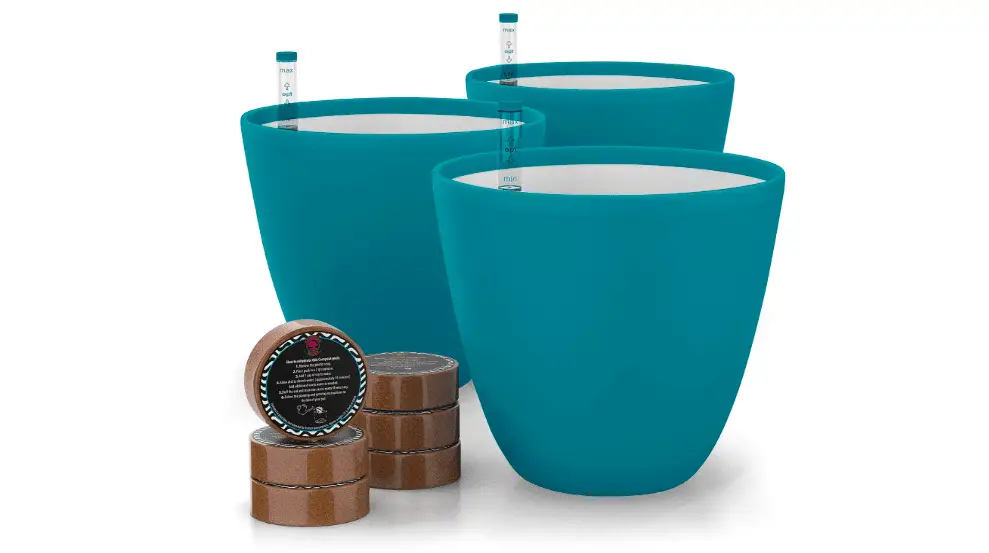
Will Self-Watering Pots Cause Monstera Root Rot?
One of the main concerns when using self-watering pots is that they might cause monstera root rot. Root rot is a serious problem that can kill your plant, so it is important to avoid it if possible.
Self-watering pots help to reduce the chance of root rot by slowly releasing water into the soil, which means that the roots will not be sitting in water for long periods of time. This will help to keep your plant healthy and reduce the risk of root rot.
However, it’s important to use the pot correctly! This means following the above advice and using the correct size and type of pot for your monstera. Using a huge pot may mean that the monstera doesn’t have a chance to drink all of the water inside, which can lead to root rot.
Conclusion
In conclusion, self-watering pots are a great option for monstera plants. They help to reduce the chance of root rot and make it easier to care for your plant. Just be sure to choose the right size and type of pot for your plant, and follow the above advice on how to use them correctly.
Do you have any experience with self-watering pots? Let me know in the comments below! Thanks for reading.
Tim is an avid gardener from the UK. He was the founder of PlantCarer.com from 2021 to Sep 2023. He sold PlantCarer.com to Aaron. He has since started his own business called Seed To Supper, which provides new gardeners all the materials you need in a box (pots, seeds, compost and instructions) to grow your own delicious and nutritious vegetables and herbs from start to finish – no garden required.



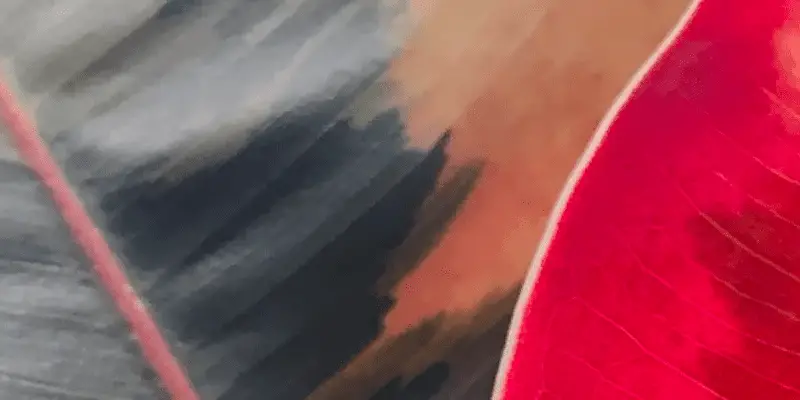
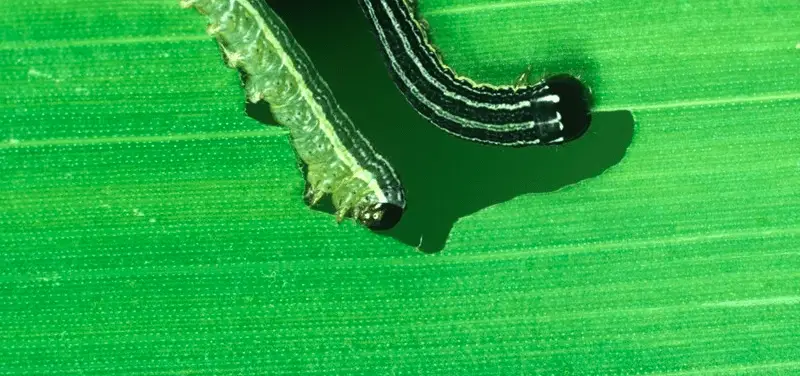
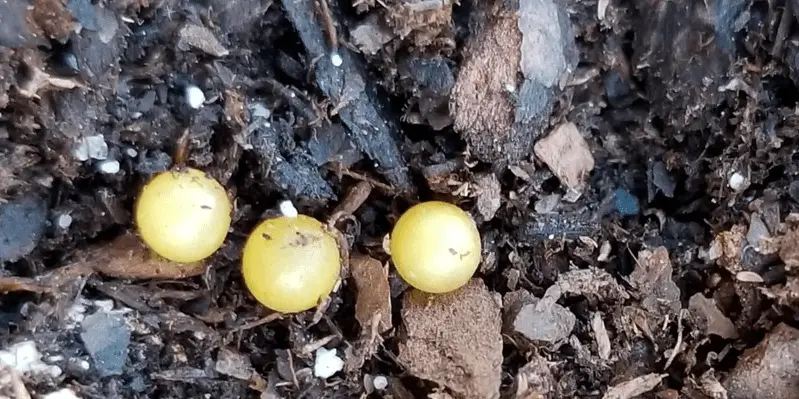
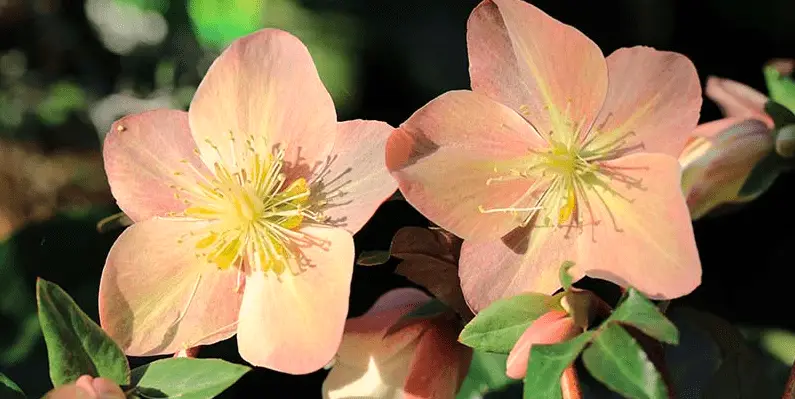
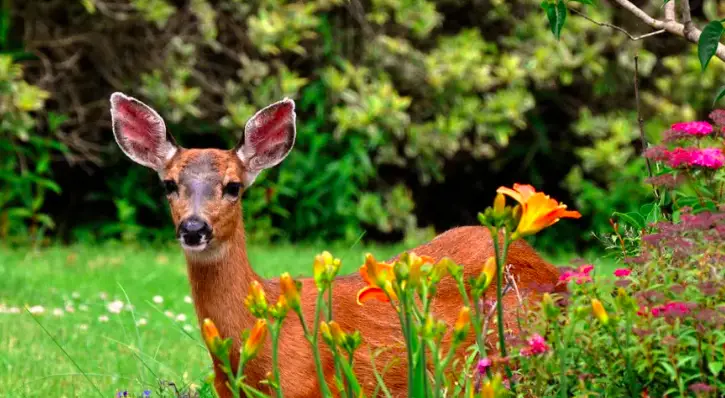
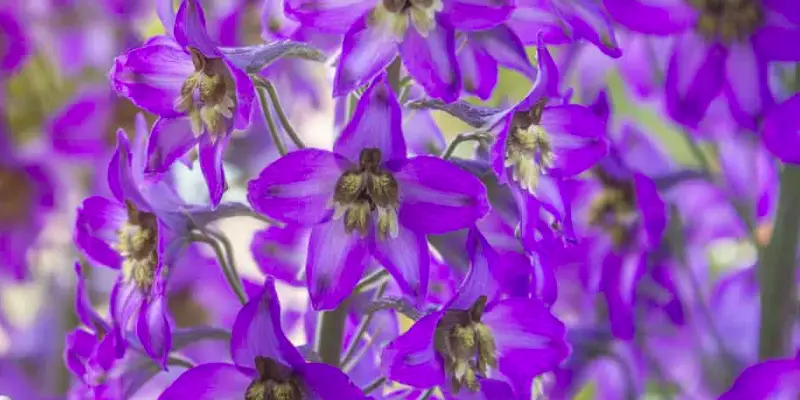

0 Comments